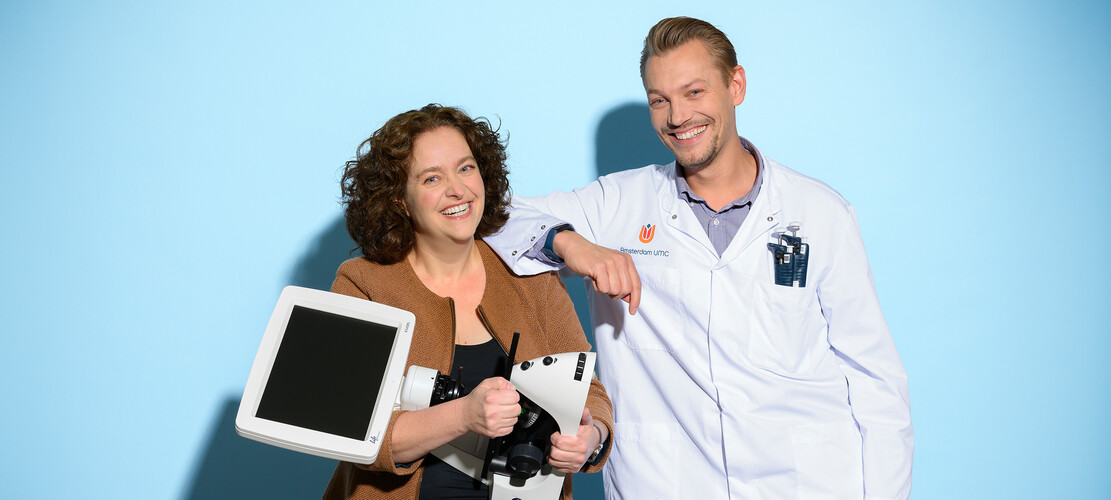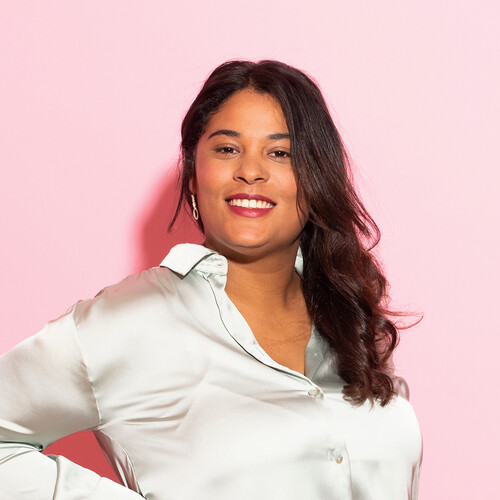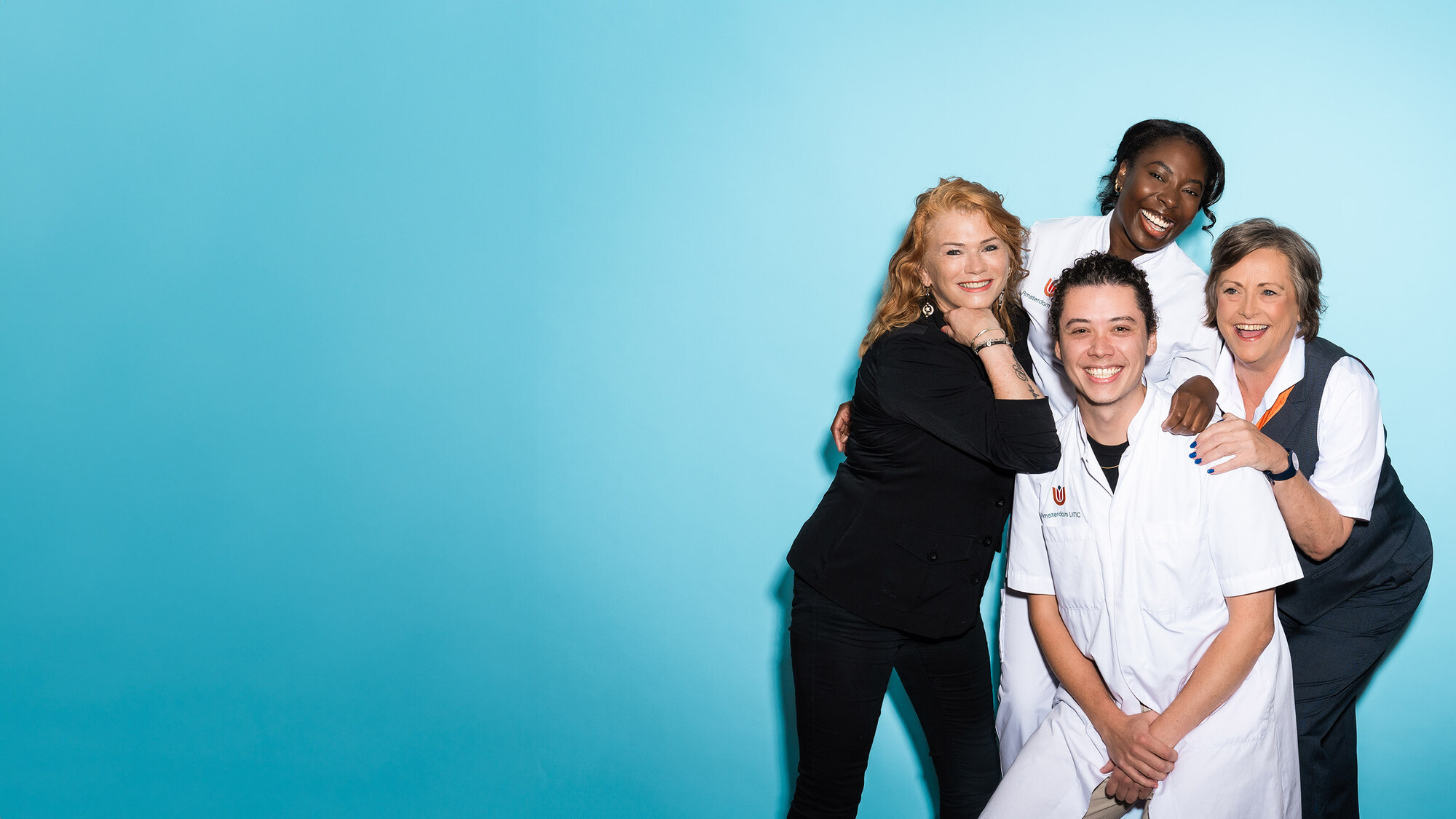
Postdoc Position in Gene Therapy Development for Inherited Retinal Degeneration

This project is part of the Lifelong VISION Gravitation project funded by the Dutch Ministry of Education, Culture and Science (2024- 2033), and will develop new treatments to combat blindness.
Blindness is one of the most disabling medical conditions and can have many causes. In young people, inherited retinal dystrophies (IRDs) are the leading cause of irreversible blindness, while in older adults, age-related macular degeneration is common. The Lifelong VISION program is developing new treatments to prevent blindness, including genetic therapies, disease-targeting treatments, and cell therapies. We will create advanced cell (e.g., organoid) and animal models to test these therapies both in the lab and in living organisms. Our goal is to match the right patient with the right treatment at the right time. The innovative methods developed for eye diseases may also benefit treatments for other diseases and organs.
Ten research institutions participate in the Lifelong VISION project, led by Prof. Caroline Klaver (Erasmus MC and Radboudumc), including Amsterdam UMC, Radboudumc, Erasmus MC, University of Twente, Hubrecht Institute, Eindhoven University of Technology, University of Amsterdam, Utrecht University, Tilburg University, and the Netherlands Institute for Neuroscience.
This work is part of Pillar 1 of the Lifelong VISION project, focused on designing and improving gene-based therapies for IRD patients. These therapies mainly target patients whose retinal cells are still intact but not functioning properly, aiming to ‘revive’ them. Although the large variety of genetic mutations in IRDs makes therapy development challenging, it also allows for highly specific treatments tailored to each patient’s genetic defect by addressing the root cause of the disease.
As a postdoc, you will lead research efforts to optimize therapeutic viral (AAV) and non-viral (e.g. synthetic nanoparticles based on lipids and/or peptides) vectors to test gene replacement and CRISPR/Cas-based (e.g. PRIME editing) for IRDs. You will:
- Explore and optimize AAV serotypes, promoters and enhancers for efficient gene delivery in retinal organoids and animal models;
- Develop and test non-viral delivery systems for gene therapy;
- Use in vitro (retinal organoids) and in vivo (rat and zebrafish) models to evaluate safety and efficacy;
- Optimize delivery strategies for precise targeting within the retina;
- Collaborate closely with experts in ophthalmology, genetics and biotechnology.
In parallel to your Postdoc trajectory, a PhD student will be appointed for four years in the same field at the same department, who can potentiate your research.
In case of completion of a successful Postdoc period, our group and Amsterdam UMC offer excellent opportunities for further career steps.
You have a PhD in molecular cell biology, gene technology or a related field. You are creative, independent and eager to work in a multidisciplinary environment. You also bring:
- Hands-on experience in basic molecular cell biological techniques;
- Hands-on in vivo (mouse or rat) experience;
- Creative and independent mindset;
- Capable of working in multidisciplinary environments;
- Fluency in English.
Not required, but helpful:
- Experience with gene editing approaches;
- Experience working with stem cells and differentiation protocols;
- Article 9 permit;
- Hands-on experience using AAVs and/or nanoparticle technology;
- Experience guiding PhD students and/or master/HLO/MLO students;
- Willingness to learn Dutch.


- A flying start to your career in scientific research.
- Plenty of room for your drive to shape tomorrow's healthcare.
- Working on large-scale and in-house research, with motivated colleagues from all over the world.
- You will be employed by Amsterdam UMC Research BV.
- A contract for 12 months, with the intention to extend for a total of 5 years.
- Salary scale 10: € 3.598 to € 5.669 gross based on full-time employment (depending on education and experience) and a year-end bonus of 8.3%. Calculate your net salary here.
- Holiday hours: 190.4 per year for fulltime and a possibility to save additional hours.
- Pension accrual with BeFrank, a modern, comprehensible and fairly priced pension.
- For >7 km each way, 100% reimbursement for public transport travel costs and, for private transport, €0.18 per km up to a maximum of 40 km each way.
- Do you prefer walking or cycling? Take advantage of our good bike scheme. Moreover, you will receive a reimbursement of €0.18 per km.
Watch this video with more information about joining Amsterdam UMC Research BV.
You will join the Department of Ophthalmology at Amsterdam UMC, as part of the Lifelong VISION Gravitation project. This large-scale, collaborative initiative brings together ten leading Dutch research institutions to develop new treatments for blindness. You will work with renowned experts and have access to state-of-the-art facilities and models.
Your main research partners and supervisors will be:
- Prof. Camiel Boon Dept. of Ophthalmology, Amsterdam UMC;
- Dr. Fred de Winter the Netherlands Institute for Neuroscience
- Prof. Joost Verhaagen the Netherlands Institute for Neuroscience
- Prof. Enrico Mastrobattista Dept. of Pharmaceutical Biotechnology & Delivery, Utrecht University;
- Dr. Céline Koster Dept. of Human Genetics, section Ophthalmogenetics, Amsterdam UMC.
Amsterdam UMC Research BV supports non-profit scientific research. In doing so, we provide researchers with everything they need to excel. Our principal investigators (PIs) and project leaders offer support in the field of project management, finance and human resources. In medical scientific research projects, legal support is also provided.
Watch the video to find out more.
Due to the holiday period, interviews will be scheduled starting mid-September. We kindly ask you to take this into account.
Due to the holiday period, we kindly ask you to email all three of us for questions about this position:
- Prof. Camiel Boon, via camiel.boon@amsterdamumc.nl
- Dr. Céline Koster, via c.koster@amsterdamumc.nl
- Chey Edwards, via c.i.edwards@amsterdamumc.nl
For more information about the application procedure, please contact Chey Edwards, recruitment advisor, at c.i.edwards@amsterdamumc.nl.
A reference check, screening and hiring test may be part of the procedure. Read here whether that applies to you. If you join us, we ask you for a VOG (Certificate of Good Conduct).
Internal candidates will be given priority over external candidates in case of equal suitability.
Acquisition in response to this vacancy will not be considered.
